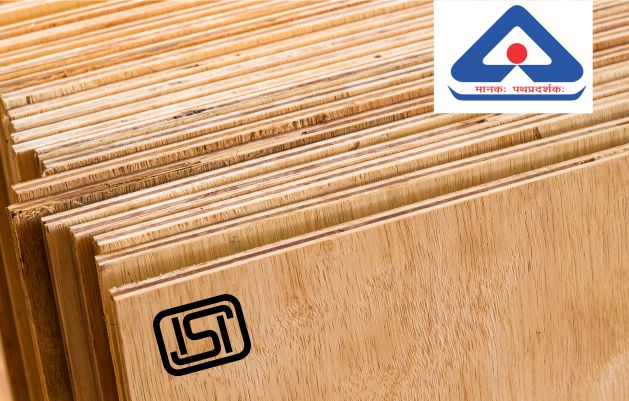In an interim measure, India has lifted the mandatory requirement of the Bureau of Indian Standards (BIS) quality mark for the importation of plywood and ply doors from Nepal for a duration of one year.
This resolution was delineated in the national gazette disseminated on Friday by the Ministry of Industry and Commerce of the Government of India, stipulating that the imposition of the BIS directive for these commodities will be postponed for the ensuing twelve months.
The gazette explicitly dictates that for sizable enterprises, the compulsion of the quality mark decree will take effect from February 28, 2025. Conversely, for enterprises categorized as small and medium, adherence to the requirement will be mandated starting May 28, 2025, and for diminutive-scale enterprises, from August 28, 2025. Formerly, on February 29, the ministry had proclaimed the exemption of BIS provisions for imported plywood boards for the subsequent year.
This leniency by India eliminates the obstruction of BIS conformity for three-ply products conveyed from Nepal to India. The Nepal Plywood Producers’ Association (NPPA) accentuated that the gazette issued by the Government of India exempts all three classifications of plywood from the obligation of BIS accreditation. As per the association, sixty percent of Nepal’s plywood output is designated for export as plywood, twenty percent as plywood boards, and the residual twenty percent as plywood doors.
These commodities have been accorded a one-year window for export facilitation. Despite the promulgation of the gazette by the Government of India, exports have encountered impediments at Nepal’s Krishnanagar, Bhairahawa, and Nepalgunj checkpoints. Customs authorities at these junctures in India have impeded exports owing to the absence of directives from higher echelons.
The NPPA has underscored that the resumption of exports is contingent upon the circulation of the circular disseminated by India’s central government to customs offices stationed at the border. It is posited that exports will recommence solely following the transmission of a directive from the Central Customs Office of India to the offices situated at these junctures.
What is BIS Standard Plywood, how does it differs from other plywood without BIS standards?
BIS Standard Plywood refers to plywood that meets the quality standards set by the Bureau of Indian Standards (BIS). These standards ensure that the plywood undergoes rigorous testing and adheres to specific criteria regarding its composition, strength, durability, and performance.
One of the primary differences between BIS Standard Plywood and other plywood variants without BIS standards lies in quality assurance. Plywood that conforms to BIS standards undergoes thorough testing to ensure it meets specified parameters for factors such as moisture resistance, structural integrity, and dimensional stability. This rigorous testing process helps guarantee that BIS Standard Plywood is of a consistent quality and is suitable for various applications in the construction industry.
In contrast, plywood without BIS standards may vary significantly in quality and may not undergo the same level of testing and scrutiny. This can result in inconsistencies in terms of strength, durability, and performance. Plywood lacking BIS certification may also be more prone to issues such as warping, delamination, or susceptibility to pests and moisture damage.
Overall, the main distinction lies in the assurance of quality and performance that BIS Standard Plywood offers, making it a preferred choice for construction projects where reliability and durability are paramount.




